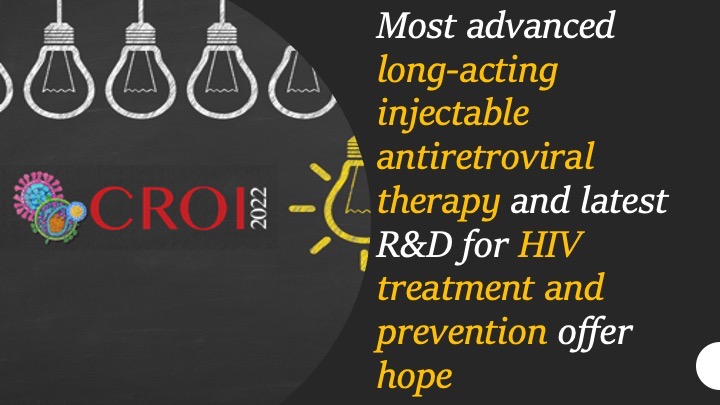Game-changing HIV research offers hope for people with HIV and to end AIDS
SHOBHA SHUKLA - CNS

Latest HIV research gives hope for better, safer treatment and prevention options
(Image by CNS) Details DMCA
Remarkable progress has been made in prevention and treatment of HIV infections since the first AIDS case was diagnosed nearly 41 years ago, thanks to the untiring efforts of scientists, medical professionals, affected communities and activists. Though there is still no cure for HIV yet, it is possible for people living with HIV to have a good quality and length of life if they get diagnosed early on, and receive full spectrum of treatment, care and support.
Lifesaving antiretroviral therapy stops HIV from multiplying and can suppress HIV to undetectable levels in blood which lets the immune system of the person to recover and overcome infections and prevent the development of AIDS. The risk of transmission of the virus is also negligible if people living with HIV are on antiretroviral therapy and virally suppressed. So treatment also works as one of the prevention options.
But the fight is far from over. Around 36.3 million people have died from AIDS-related illnesses since the start of the epidemic. Currently there are 37.7 million people living with HIV globally. Out of these 36 million are adults and 1.7 million children. More worrying is that 26% of the adults and 46% of children living with HIV are still not able to access the lifesaving medicines (antiretroviral therapy).
Despite formidable challenges to end AIDS by 2030, it is commendable to see the important progress made worldwide towards achieving this goal. For example, 28.2 million people were accessing antiretroviral therapy as of 30 June 2021. Another good news is that new antiretroviral medicines are rewriting the script for HIV prevention and treatment.
At the recently concluded 29th Conference on Retroviruses and Opportunistic Infections (CROI 2022) covered by CNS (Citizen News Service), Dr Chloe Orkin, Clinical Professor of HIV Medicine at Queen Mary University of London, shared valuable information about new classes of drugs that are in various stages of clinical development for HIV treatment and prevention. Dr Chloe Orkin led the first phase-III study (clinical trial) of injectable antiretroviral medicines.
Highlights of new HIV treatment options
Next Page 1 | 2 | 3 | 4 | 5 | 6
(Note: You can view every article as one long page if you sign up as an Advocate Member, or higher).





